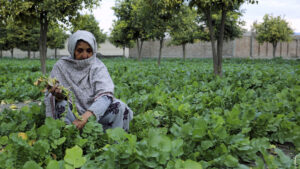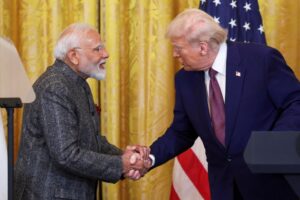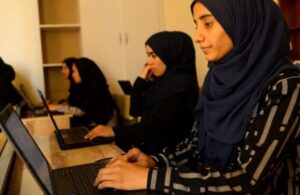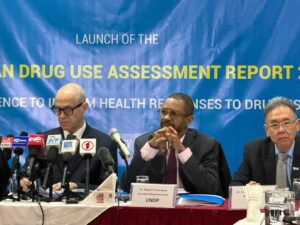Officials at Kabul Municipality say that the city administration alone cannot combat the growing air pollution in the capital without the active role of the residents.
During an awareness program held on Saturday, which aimed to highlight the municipality’s efforts to improve urban order and strengthen citizen responsibility for the city’s environment and public spaces, officials urged residents—particularly those from Districts 5, 6, and 13—to cooperate with the municipality in tackling air pollution.
Abdul Samad Abed, head of District 13 of Kabul, said, “The municipality cannot fight air pollution on its own. We ask the people to cooperate in this matter.”
Meanwhile, several local elders and neighborhood council members from Districts 5, 6, and 13 have urged the de-facto Islamic Emirate government to allocate part of the revenue from coal sales for combating air pollution.
Eshaq Safdari, head of the elders council in District 13, said: “We ask the Islamic Emirate government to dedicate part of the revenue from coal, which is used to heat homes but also contributes to air pollution, to environmental protection efforts so the Ministry of Environment can combat pollution effectively.”
Wazir Gul, head of the neighborhood council in District 6, pointed to the dangerous consequences of air pollution and called for government action to address the issue.
He added: “The death rate from pollution is evident to all of us. We live in polluted air for three months during the winter, and if we don’t take action, we may continue living like this year-round, which is dangerous.”
Similarly, Mohammad Taher Khalili, head of the neighborhood council in District 13, emphasized the need for suitable alternatives to coal and plastic, making them accessible to the public.
He said: “We are responsible for the air pollution, and we should use sunlight to heat our homes. Coal and plastic must be avoided. Air pollution is like a nuclear bomb—if ignored, we will eventually have to travel to neighboring countries for medical treatment because of the diseases it causes.”
Air pollution in Kabul remains one of the most serious challenges to public health. According to officials at the Indira Gandhi Children’s Hospital, 186 children have died in Kabul in the past month alone due to illnesses related to air pollution.






